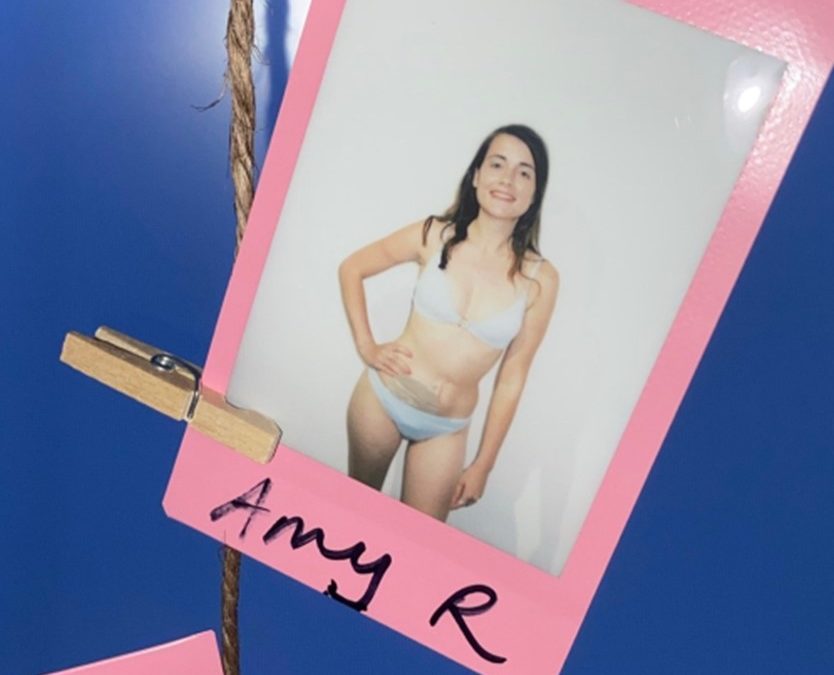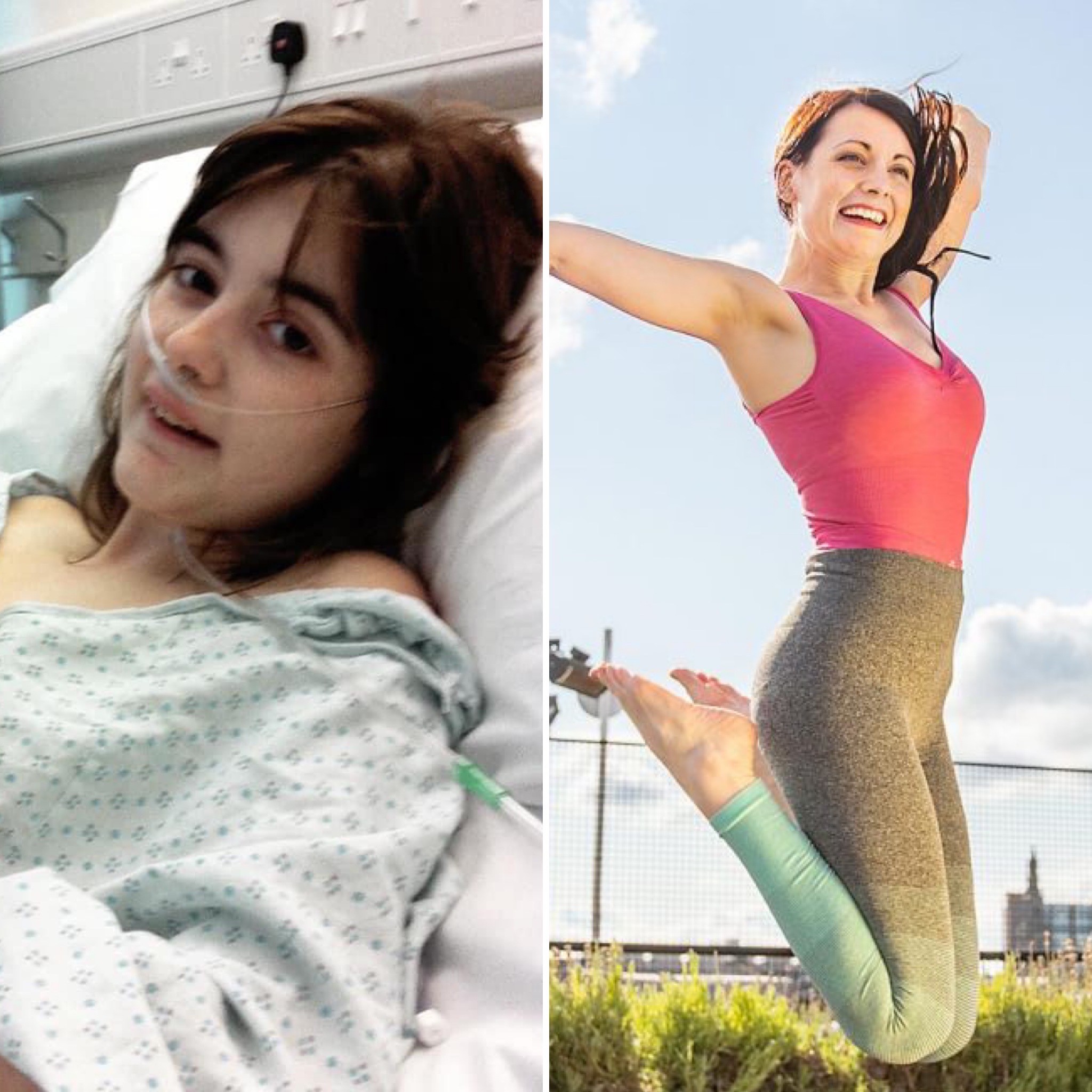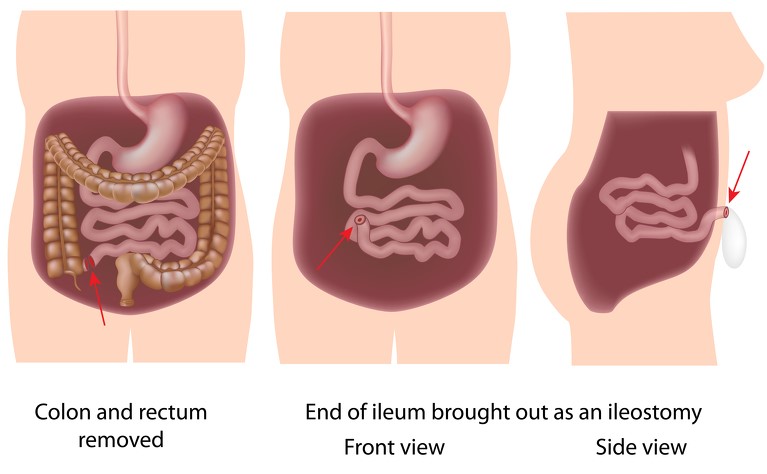Today (19th May 2022) is World IBD Day, a day dedicated to raising awareness and tackling stigma’s associated with all invisible bowel diseases.
There are many charities and organisations around that are doing some amazing work on battling these stigmas, such as Crohn’s and Colitis UK, and today Amy (@ibdwarriorprincess) shares some words on why she thinks its important to raise awareness and reduce the misunderstanding around IBD and other illnesses. 💚
Without a doubt, raising awareness is one of the key ways to make others aware, educated & reduce misunderstanding around many illnesses, including Inflammatory Bowel Disease.
A little about my IBD diagnosis story & surgery
I’ve had symptoms of IBD for as long as I can remember, and a diagnosis of Crohn’s Disease since aged 7. Firstly, I was diagnosed with Crohn’s Disease of the small intestine and throughout ten years up to turning 17, I tried many treatments, all of which proved to be unsuccessful in the long run. As the treatments and years went by, the more ill I became. It never felt like anything was working for me.
When I was 17, I had investigations and tests and it turned out my inflammation was actually in my large intestine, hence why treatment hadn’t been working and I was diagnosed again but with Crohn’s, primarily, of the colon (Crohn’s Colitis). I had steroids (again), Azathioprine (more on this here) and then moved on to Infliximab (Remicade) which is an infusion treatment.
Surgery
By the time I reached 19 years old, it was really clear nothing was working. I got to the point where I couldn’t eat and I became extremely scared of eating because of the agony it would leave me in and the endless toilet trips I would have to take. At certain points, I remember counting over 30 times a day that I needed to rush to the toilet. I tried to go out and do things like Asda trips with my Mum but would often become too anxious and feel like I would pass out or not make it to the toilet in time. Infliximab also gave me painful side effects with my joints and at my worst, my Mum had to lift me in and out of the bath.
I had my permanent ileostomy surgery done in August 2011 (panproctocolectomy) and this surgery actually saved my life by a matter of hours due to severe Crohn’s and surgeons finding a large, benign (non-cancerous) tumour on my colon which had started to seep out. I lost a lot of blood in surgery and was told that hours later, I may not have been here to tell my story.
Educating others
Sharing your story and your emotions living with IBD and being vulnerable can help others to be more aware of IBD itself but also to understand what it is and how people may be affected. This can be from loved ones, the general public, your colleagues or even others who have been newly diagnosed.
There is something the IBD community call “poo taboo” where, as it sounds, there is this negative feeling surrounding talking about poo which we are actively trying to reduce. We all poo and it is a very natural thing.
Catching bowel disease & more, earlier
The more we educate others on IBD, the more other people will have awareness and feel more able to speak up when they feel they may be experiencing symptoms of Inflammatory Bowel Disease or other digestive illnesses. Merely having an awareness and knowing the signs can even mean people go to the doctors earlier, therefore IBD has less time to become serious without intervention and things such as cancer become caught much earlier, which is so vital in getting the right treatment and can literally make the difference between life and death.
A study carried out in 2020 by Imperial College London revealed that one in ten people visited their GP five years before actually receiving a diagnosis and in some people, even ten years. Having said that, the study also revealed that waiting times to diagnosis had dropped dramatically between 2003 and 2016, although now after the Covid-19 outbreak, I wouldn’t be surprised if this has now increased somewhat. I actually waited 10 years to get the correct diagnosis.
Reducing “stigma”
I use the word “stigma” quite lightly as I believe, for a lot of people, misunderstanding IBD disease and the world of poo actually comes from ignorance, a lack of education and a lack of exposure to it. Most people I speak to nowadays about my Crohn’s and ileostomy have heard of Bowel Disease and most also seem to have an awareness of having an ostomy (colostomy seems to be the one people refer to).
However, having awareness is one thing, but understanding a disease such as Inflammatory Bowel Disease is definitely more beneficial. People who have even a basic understanding of IBD may be able to develop more sympathy for loved ones or people they know around them affected by IBD, as well as being able to support them better and also know what signs and symptoms to look out for themselves. It can also encourage more open dialogue because the more we talk about it, the less people feel embarrassed to bring, what seems a very personal topic to most,up in conversation.
To give medical professionals insight
The more we speak up about our symptoms and advocate for ourselves, the more insight medical professionals such as doctors, researchers and surgeons get into our condition and just how different it is for each individual who is waiting for a diagnosis or has had a diagnosis.
I believe one of the most effective ways to treat IBD is to speak and listen to the people who it is actively affecting. Of course, science and medical research is a great initiative to be able to develop new medications and treatments (& hopefully one day, a cure) but going straight to the patient can also make them feel more empowered, listened to and less alone.
To engage in the IBD community
When I had my surgery back in 2011, the IBD community (especially online) wasn’t really a thing. In the last 10 years, I have come so far from talking to, meeting and even becoming friends with many in the community which has made me feel less alone and has actually pointed me in the right direction in some of my darkest times.
Empathy and sympathy are two different things and, whilst I appreciate loved ones can offer support and sympathy and I appreciate that so much, empathy is something on another level. To be able to sit and speak to someone who just gets it just hits completely different.
Collaborative efforts = bigger presence around awareness
To summarise this blog post, the more of us that raise awareness and speak up about our IBD, the bigger the domino effect. More people being open = more awareness which interlinks with everything I have discussed in this blog post.






